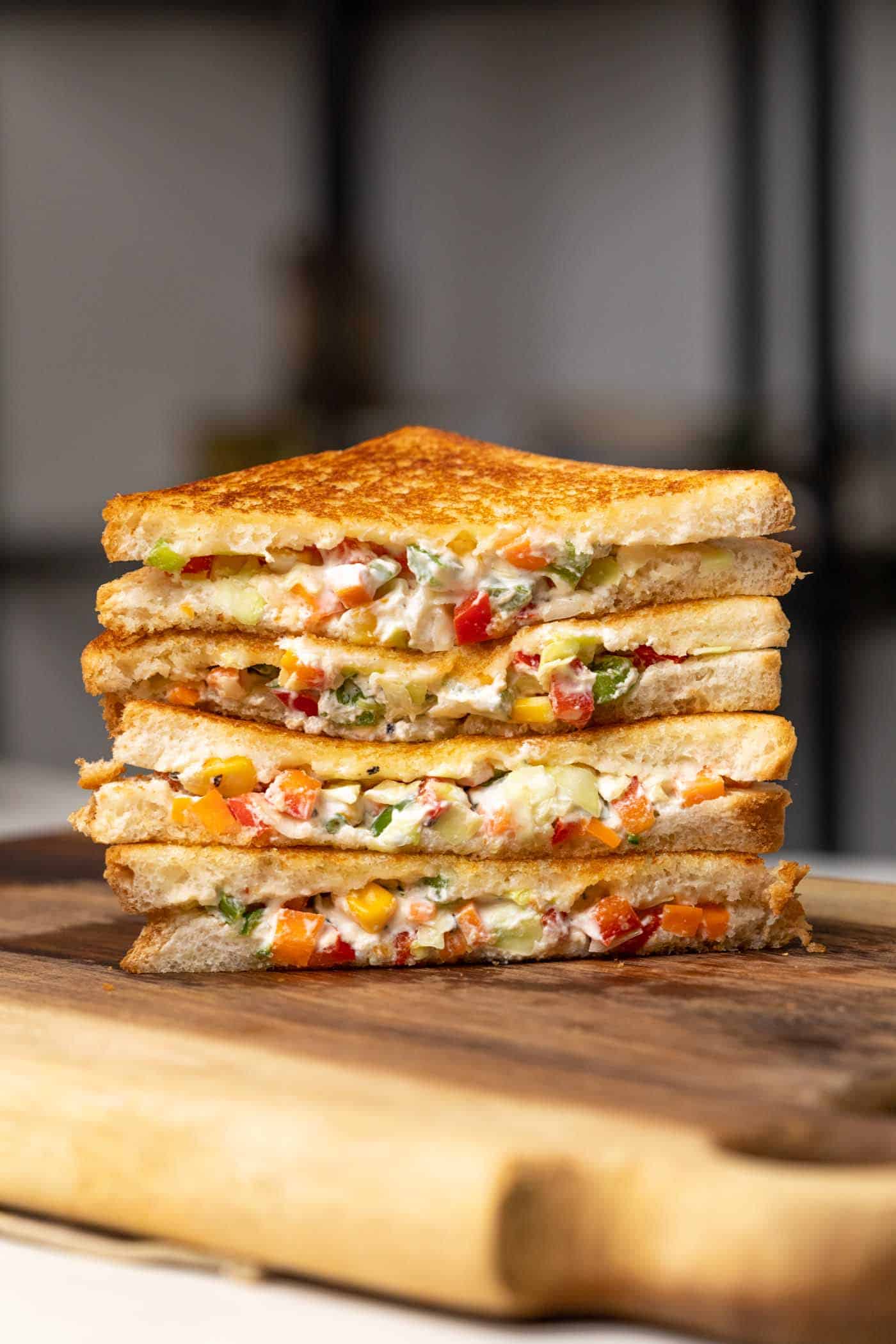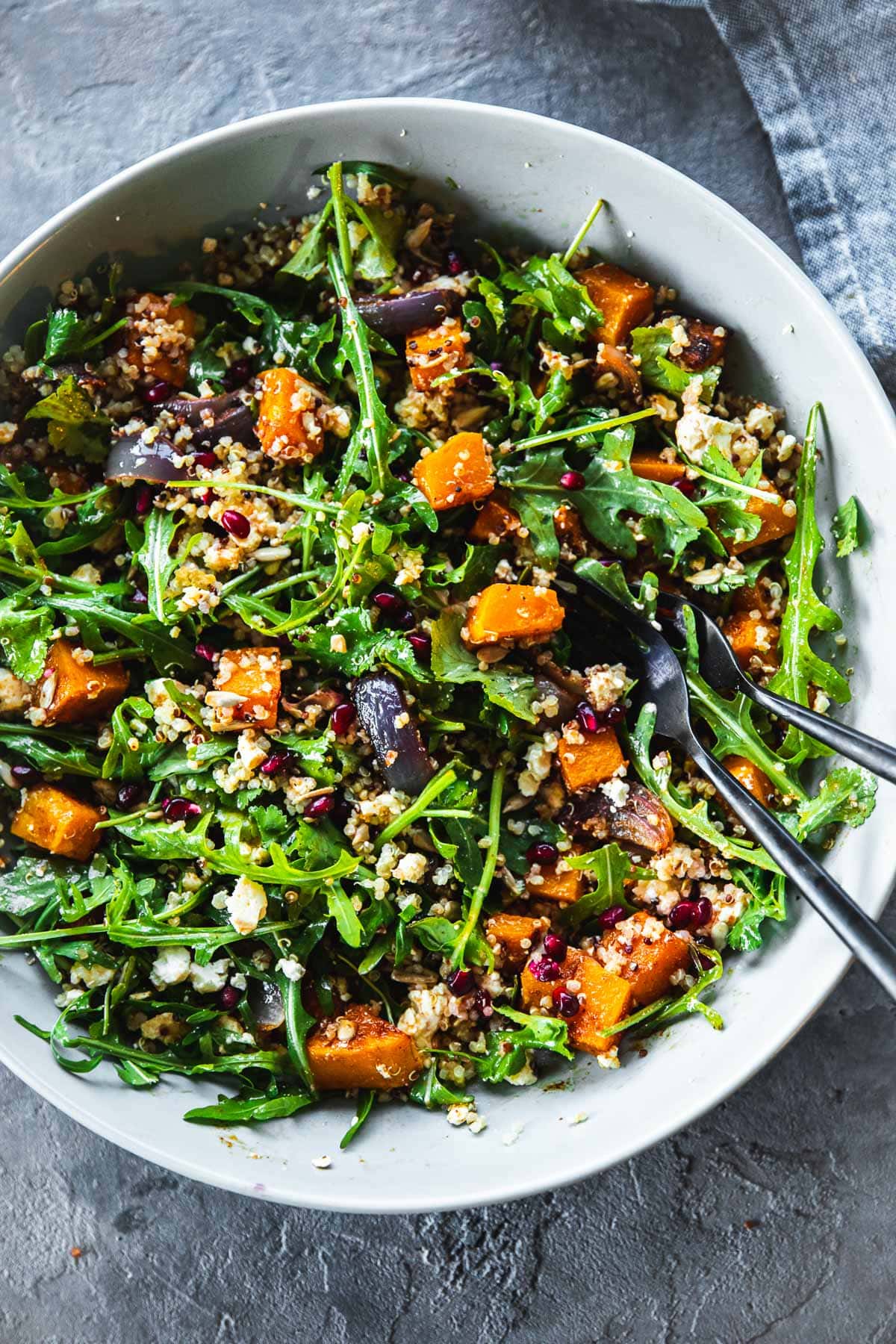High Street Place Food Hall: Boston’s Newest Corporate Lunch Hangout | Arts
Food halls have erupted in popularity over recent years as the foodie’s answer to deciding on just one restaurant to eat a meal. With a varied fare, these new age eateries bring together people and cuisines of all different backgrounds and walks of life while at the same time giving local restaurant start-ups the chance to launch their businesses in a casual low-rent setting or expand to a new area of a city. High Street Place is one of many food halls defining a new type of casual eating experience. Most of the first food halls that have popped up around Western Europe emphasized the individuality of each stall and the food; the hall itself is just a place to eat each vendor’s food in what is usually a repurposed-industrial space. However, like many European culinary ideas and practices, the idea of a food hall has shifted towards higher volume and streamlined commercialization in America. Boston’s newest addition to this growing metropolitan fast-casual food scene, High Street Place Food Hall, is no different.
High Street Place Food Hall intended to open its doors in the spring of 2020, but like many others, had to re-evaluate in the wake of the Covid-19 pandemic. With the aid of a private donation from the Rockhill Property Management Group, the concept reoriented towards giving back to health care workers in the Boston medical community. An impressive 7,000 meals were distributed over the past two years before the food hall opened, introducing High Street through the support of the health and well-being of those fighting on the frontline of the pandemic.
Located in a historic art deco atrium, once a part of the city’s thriving industrial manufacturing centers, the space itself balances breezy, open spaces and compact, bustling floor space. The south entrance opens into the more intimate side of the space, with vendors close to one another, reminiscent of street stalls in open air food markets. The strip of restaurants offers a selection of foods that is varied but not overwhelming, ranging from focaccia pizza to Italian gelato to hand-rolled sushi.
With a very intentional mix of small intimate spaces and large open areas, High Street Place encourages both exploration and comfort. The market vibrates with the frantic excitement of millennial consumerism. Most of the stalls have at least a few people in line, just enough to build anticipation, but not long enough to discourage curiosity. Housing 19 different stalls, the selection is varied without being overwhelming. Each stall is uniquely designed with a distinct and curated aesthetic, connecting the entire space and creating a cohesive and unified energy.
High Street Place’s offerings all proved tasty, fresh, and easy to mix and match. Haley Jane’s fried chicken sandwiches offers massive, crunchy, salty, pieces of fried chicken adorned with cold crunchy slaw all on top of a well-toasted potato bun. On the other side of the spectrum, North East of the Border provides a range of better-than-average tacos guaranteed to satisfy a New England taco eater’s appetite. Add in healthy options and a coffee shop, post-workout class attendees and ravenously hungover Saturday brunch-goers alike are satisfied.
High Street Place fulfills its purpose incredibly successfully: to provide young professionals a space to not only engage in a different style of fast-casual dining but also stay for a while and soak up the ambiance. Massive, wall-sized TVs are perched adjacent to a green, plant-covered wall in the main open dining space. Separate from the rest of the winding, warm-lit stall space, the atrium is lined with a long, open bar and a cold seafood bar. A popular place to watch sports, High Street Place brings in its customers with a variety of food options and keeps them around with drinks and company.
High Street Place is in good company with the rest of the Boston area food hall scene. Similar to Time Out Market, High Street Place serves great food, in an environment that feels more like one is visiting, eating, and paying for the hall itself, not specifically the individual restaurants contained within it. The employees of each stall, while kind and accommodating, feel as though they work for the hall itself rather than each restaurant. What makes food halls so special is the unique collection of foods and culinary stories that are gathered together under one roof.
However, High Street Place underscores the experience of the hall as a whole — the ambiance, the drinks, the entertainment, the community. The clear collective ownership and management of High Street Place leaves the customer to feel like they’re ordering from different parts of the same menu when visiting different stalls. This difference, while likely successful as a business strategy, does indeed redefine how consumers interact with food halls, ditching artisanal family recipes in favor of a wide selection of IPAs and trendy selection of Instagrammable street-style meals. However, visitors don’t seem to mind, favoring the experience of the environment over anything else. This is a signal of changing structures and desires of consumers to lean back into a collective food experience. Bostonians don’t mind that farmers market-esque energy of other food halls is supplanted by an experience that instead favors being together. After almost two years of altogether unavailable or altered indoor dining, it’s no surprise that young foodies simply want to experience a bustling, crowded, and vibrant environment.







